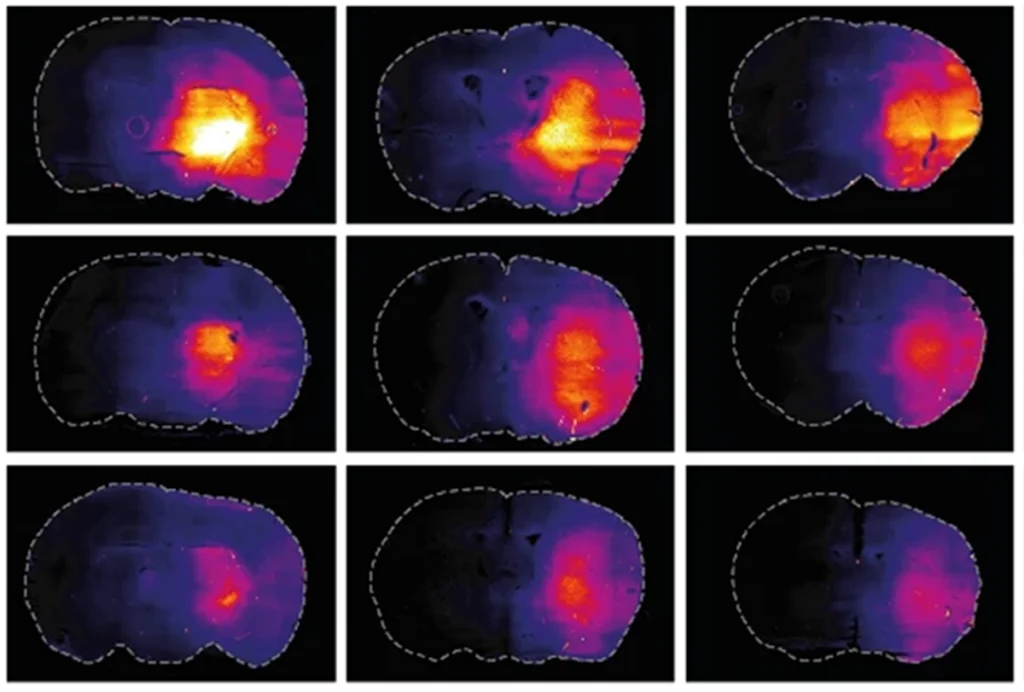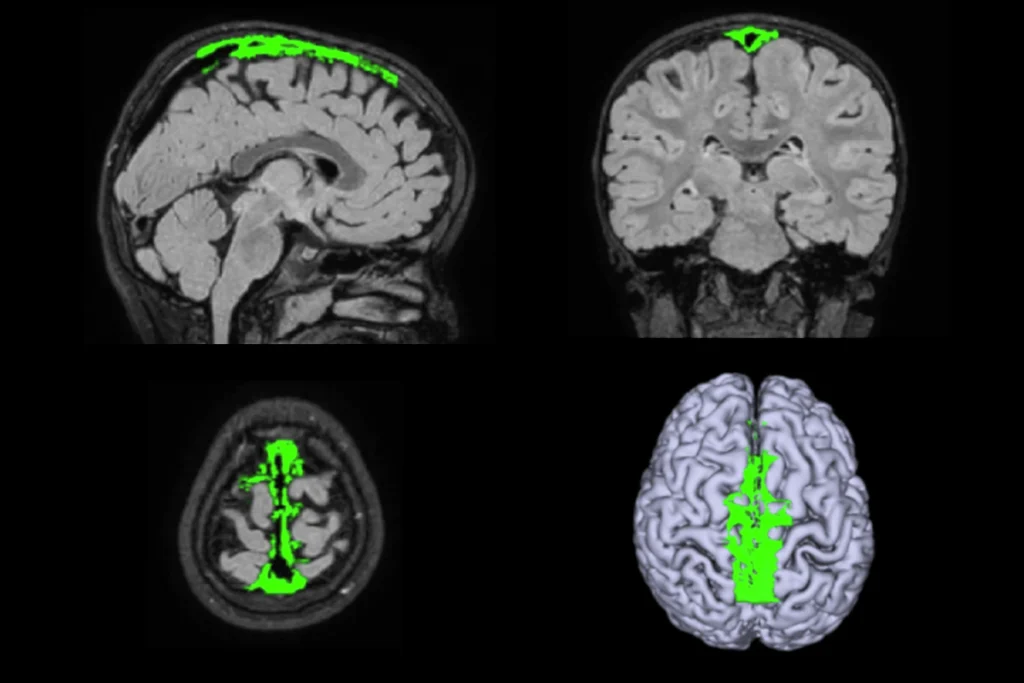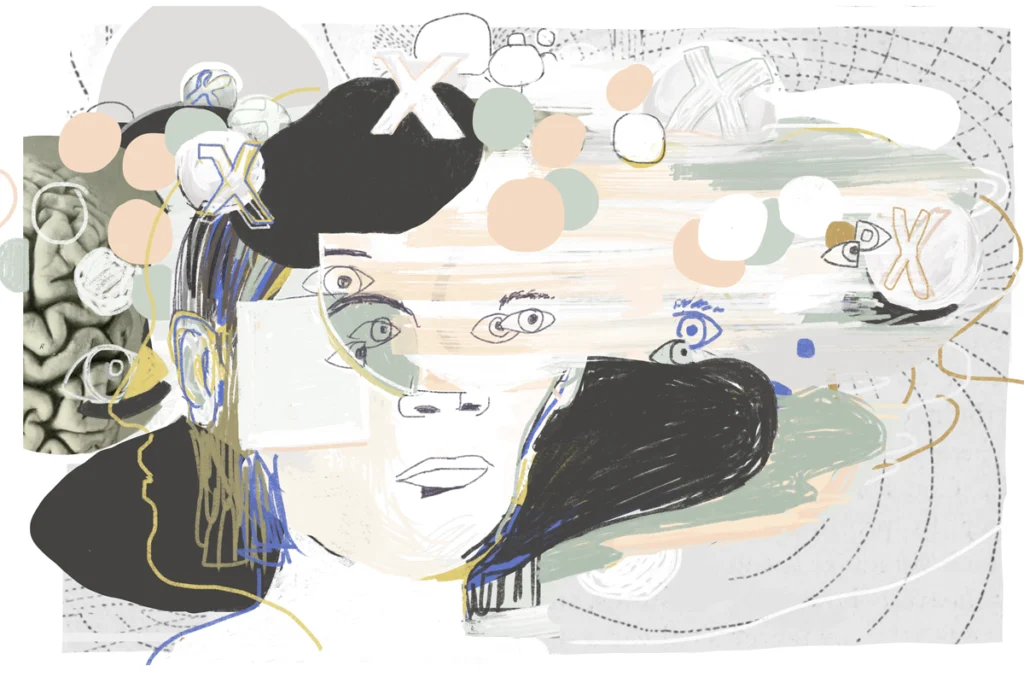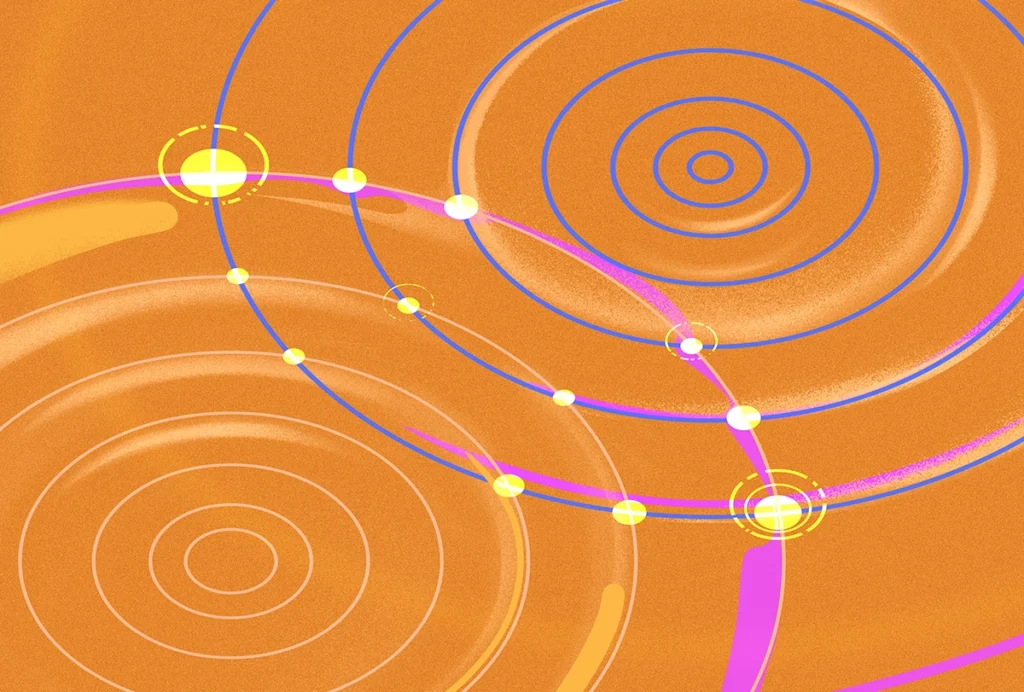Glymphatic system
Recent articles
New method reignites controversy over brain clearance during sleep
Tracers injected directly into mouse brain tissue instead of the cerebrospinal fluid show that brain clearance slows during sleep and under anesthesia, according to a study published last week—but proponents of the glymphatic system theory take issue with the technique.

New method reignites controversy over brain clearance during sleep
Tracers injected directly into mouse brain tissue instead of the cerebrospinal fluid show that brain clearance slows during sleep and under anesthesia, according to a study published last week—but proponents of the glymphatic system theory take issue with the technique.
Maiken Nedergaard’s power of disruption
The award-winning researcher’s discoveries have changed the way we think about the brain; that’s exactly what her critics dislike.

Maiken Nedergaard’s power of disruption
The award-winning researcher’s discoveries have changed the way we think about the brain; that’s exactly what her critics dislike.
Explore more from The Transmitter
Okur-Chung neurodevelopmental syndrome; excess CSF; autistic girls
Here is a roundup of autism-related news and research spotted around the web for the week of 21 October.

Okur-Chung neurodevelopmental syndrome; excess CSF; autistic girls
Here is a roundup of autism-related news and research spotted around the web for the week of 21 October.
Brains, biases and amyloid beta: Why the female brain deserves a closer look in Alzheimer’s research
New results suggest the disease progresses differently in women, but we need more basic science to unpack the mechanisms involved.

Brains, biases and amyloid beta: Why the female brain deserves a closer look in Alzheimer’s research
New results suggest the disease progresses differently in women, but we need more basic science to unpack the mechanisms involved.
Are brains and AI converging?—an excerpt from ‘ChatGPT and the Future of AI: The Deep Language Revolution’
In his new book, to be published next week, computational neuroscience pioneer Terrence Sejnowski tackles debates about AI’s capacity to mirror cognitive processes.

Are brains and AI converging?—an excerpt from ‘ChatGPT and the Future of AI: The Deep Language Revolution’
In his new book, to be published next week, computational neuroscience pioneer Terrence Sejnowski tackles debates about AI’s capacity to mirror cognitive processes.